Today we saw the publication of our latest paper about FCHVs (Female Community Health Volunteers) in Nepal [1]. This paper is Open Access and hence freely available worldwide, to anyone with an internet access. The FCHV programme is one of the most successful parts of the health system of Nepal. This programme covers over fifty thousand FCHVs distributed across the country. These women provide unparalleled services to help across communities to improve outcomes in communicable and non-communicable diseases (NCDs) and aid health promotion and education.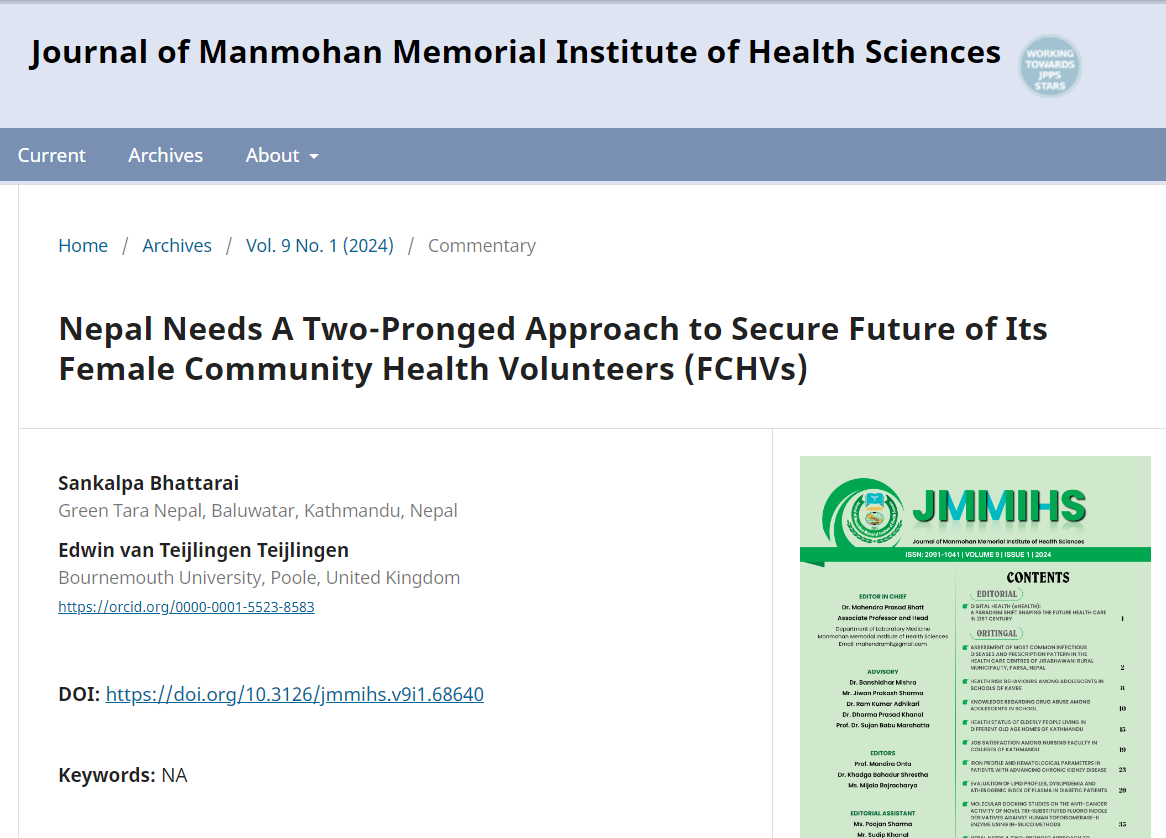
Previous papers focusing on FCHVs included the recently accepted paper in PLOS Global Public Health [2], as well as two previous papers based on the Ph.D. study by Dr. Sarita Panday on FCHVs [3-4]. The latest paper is co-authored with Sankalpa Bhattarai is is working with our long-term collaborating agency Green Tara Nepal.
Prof. Edwin van Teijlingen
Centre for Midwifery & Women’s Health
References:
- Bhattarai, S., & van Teijlingen, E. (2024). Nepal Needs A Two-Pronged Approach to Secure Future of Its Female Community Health Volunteers (FCHVs). Journal of Manmohan Memorial Institute of Health Sciences, 9(1), 43–48. https://doi.org/10.3126/jmmihs.v9i1.68640
- Panday, S., Barnes, A., van Teijlingen, E. (2024) Exploring the motivations of female community health volunteers in primary healthcare provision in rural Nepal: a qualitative study, PLOS Global Public Health (forthcoming).
- Panday, S., Bissell, P., van Teijlingen, E., Simkhada, P. (2017) The contribution of female community health volunteers (FCHVs) to maternity care in Nepal: a qualitative study, BMC Health Services Research 17:623 be/vz9C
- Panday, S., Bissell, P., van Teijlingen, E., Simkhada, P. (2019) Perceived barriers to accessing female community health volunteers’ services amongst ethnic minority women in Nepal: a qualitative study, PLoS ONE 14(6): e0217070 https://journals.plos.org/plosone/article?id=10.1371/journal.pone.0217070

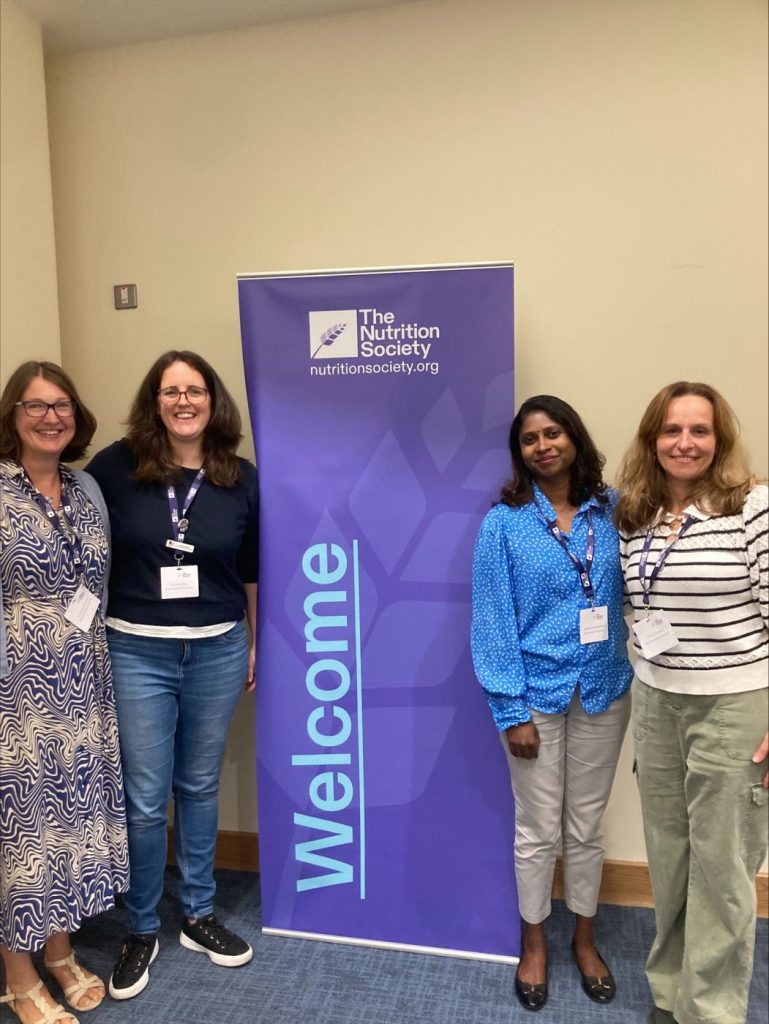
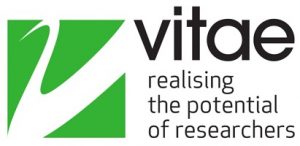 The conference takes place online from 3rd-5th September and in-person in Birmingham on 23rd and 24th September.
The conference takes place online from 3rd-5th September and in-person in Birmingham on 23rd and 24th September. UKRO has announced a series of webinars to cover the following topics:
UKRO has announced a series of webinars to cover the following topics:

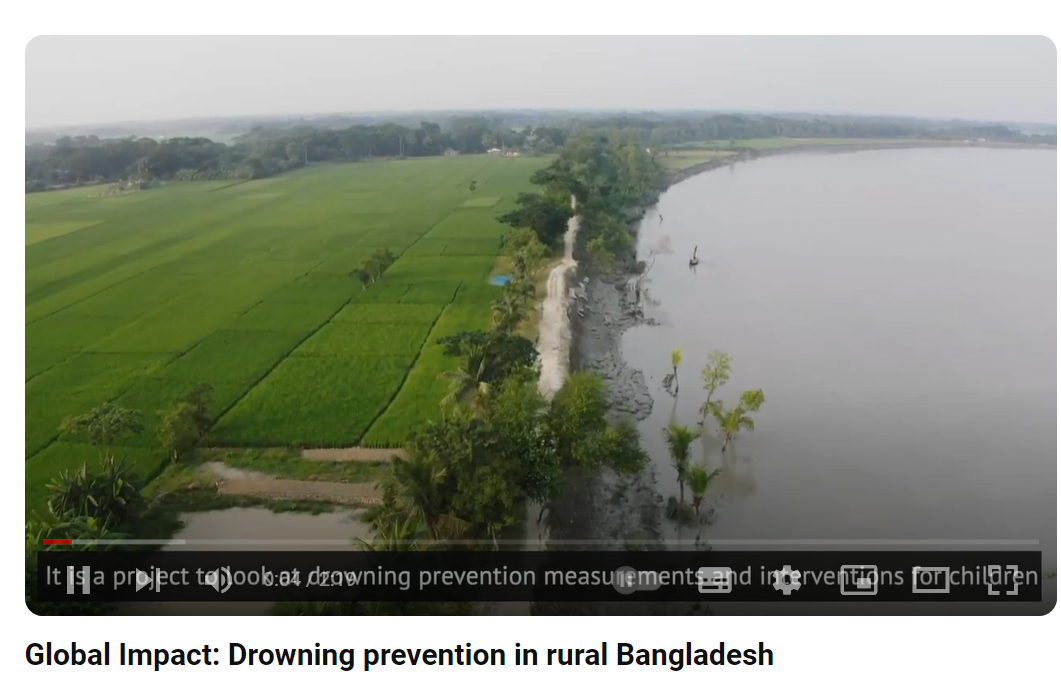

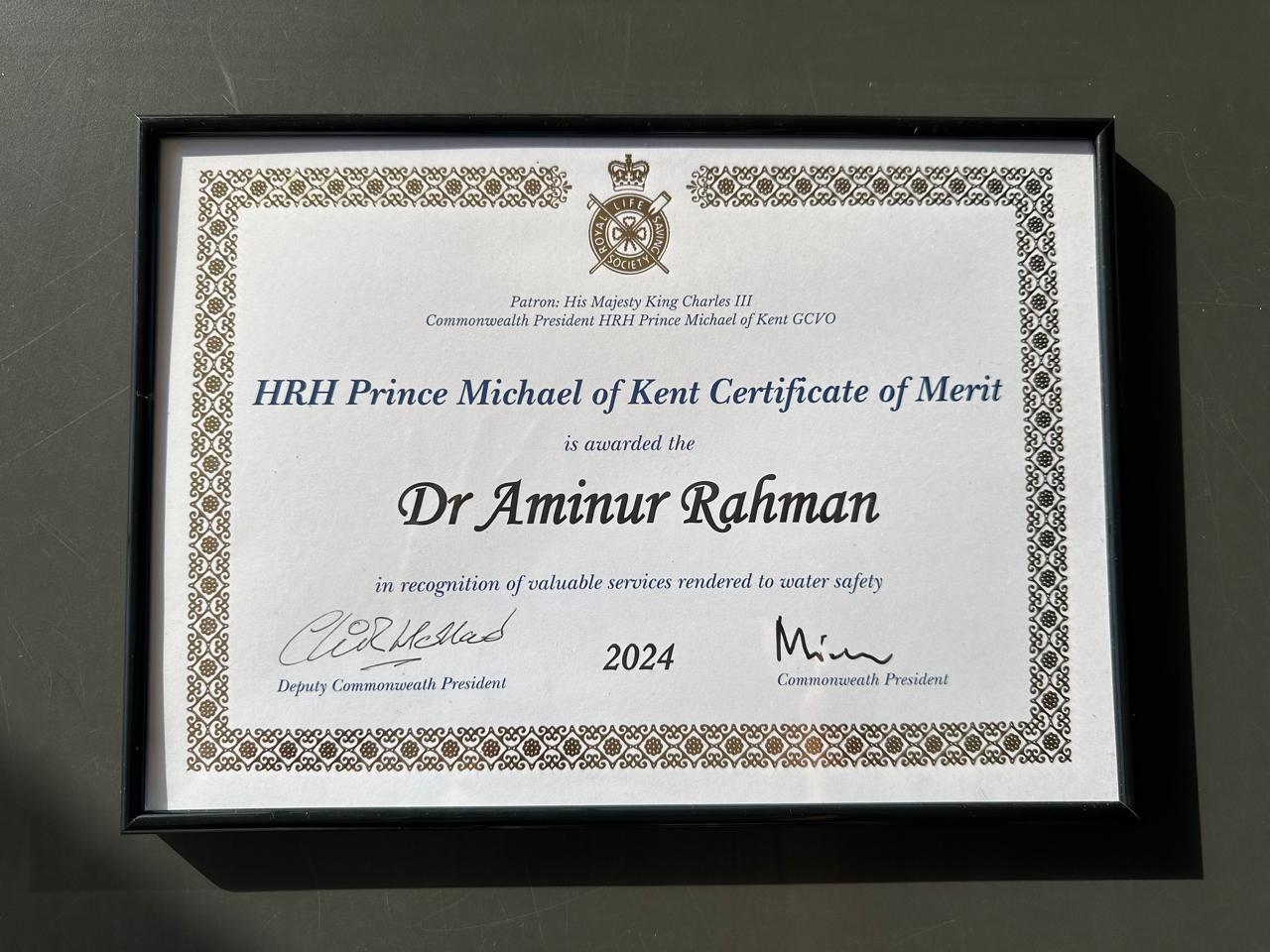
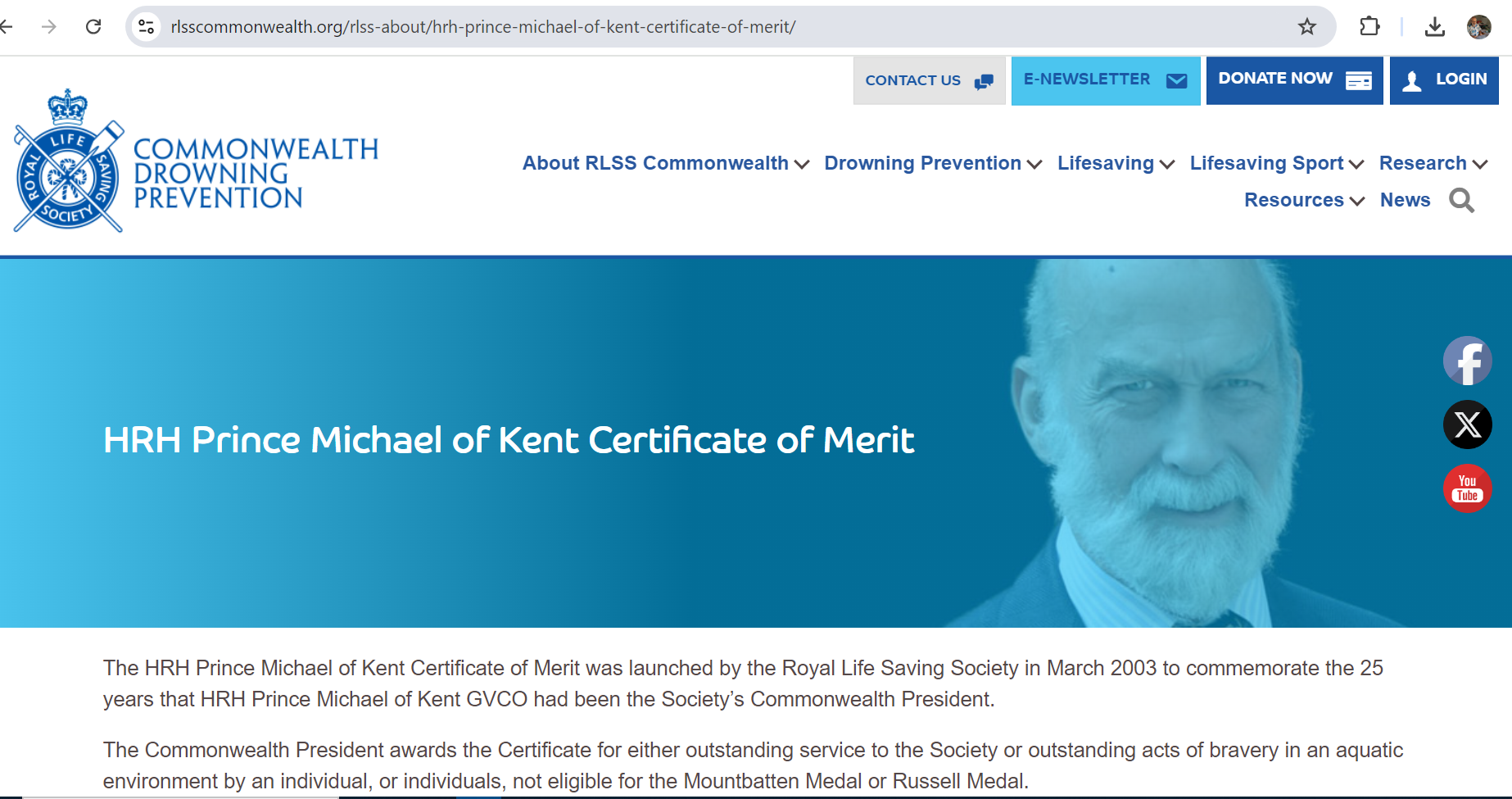


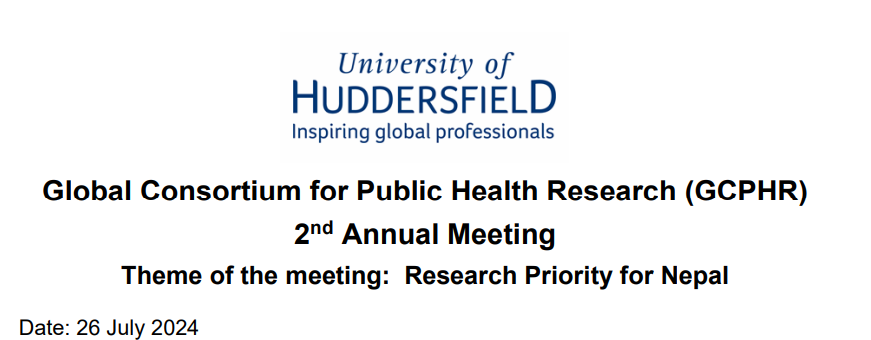
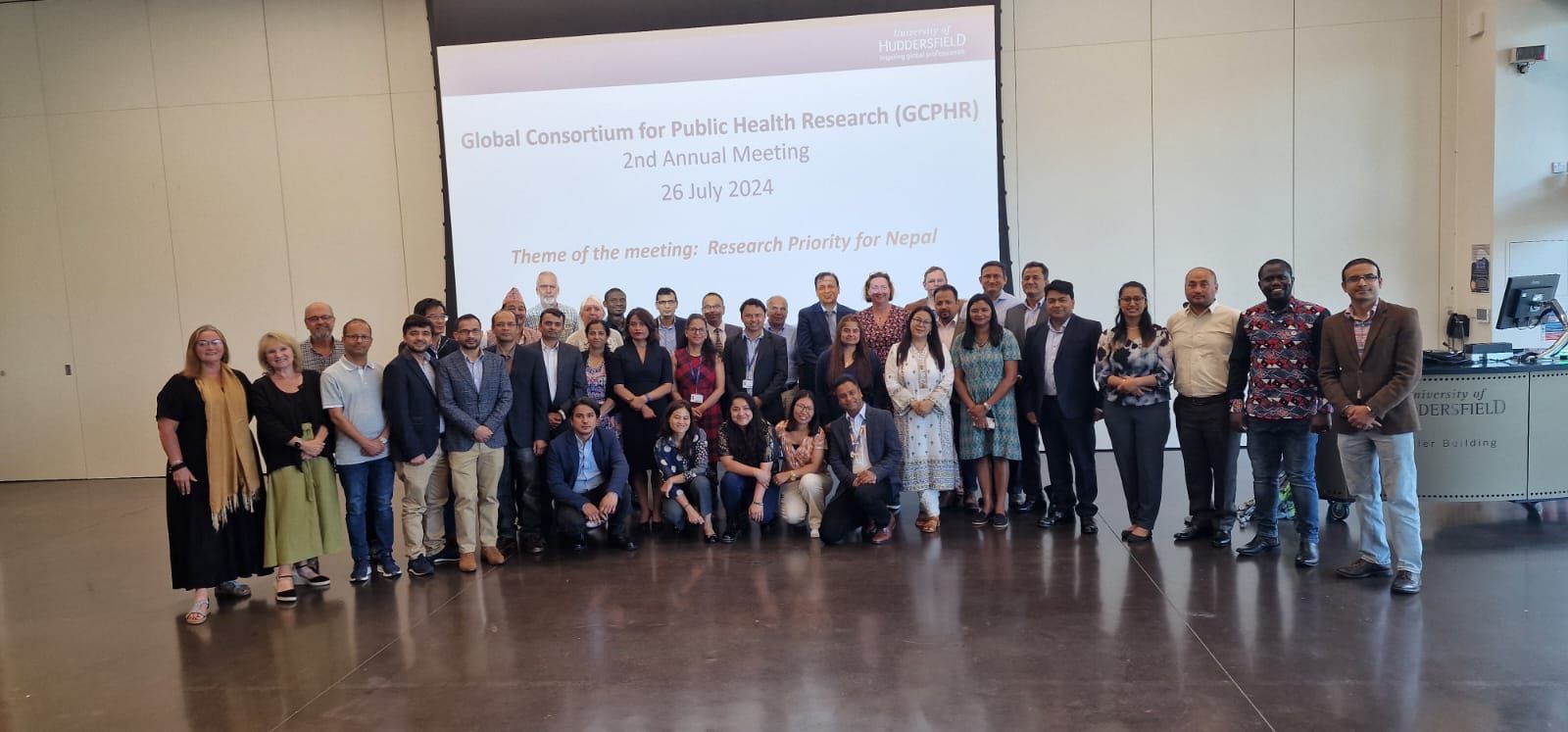
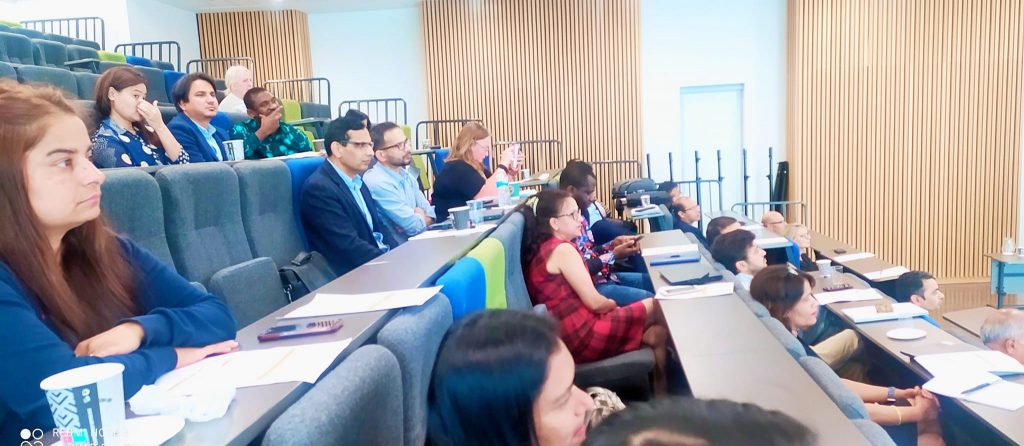
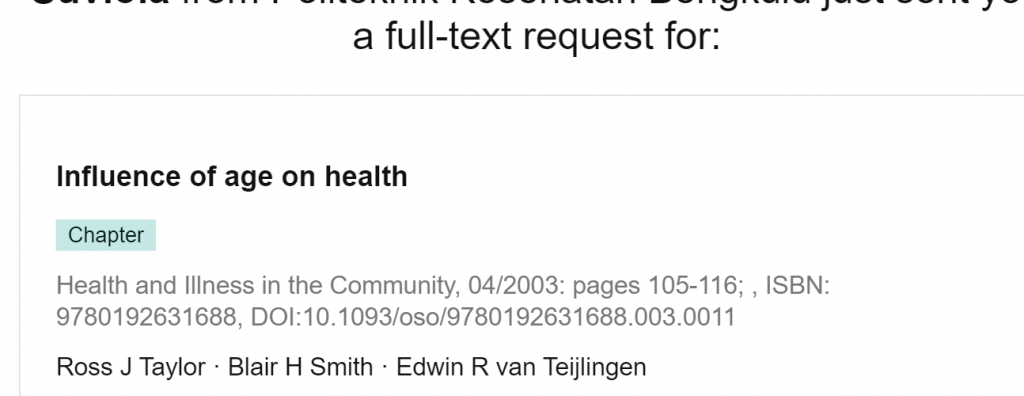

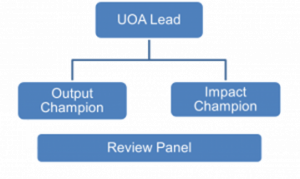











 From Sustainable Research to Sustainable Research Lives: Reflections from the SPROUT Network Event
From Sustainable Research to Sustainable Research Lives: Reflections from the SPROUT Network Event REF Code of Practice consultation is open!
REF Code of Practice consultation is open! BU Leads AI-Driven Work Package in EU Horizon SUSHEAS Project
BU Leads AI-Driven Work Package in EU Horizon SUSHEAS Project Evidence Synthesis Centre open at Kathmandu University
Evidence Synthesis Centre open at Kathmandu University ECR Funding Open Call: Research Culture & Community Grant – Apply now
ECR Funding Open Call: Research Culture & Community Grant – Apply now ECR Funding Open Call: Research Culture & Community Grant – Application Deadline Friday 12 December
ECR Funding Open Call: Research Culture & Community Grant – Application Deadline Friday 12 December MSCA Postdoctoral Fellowships 2025 Call
MSCA Postdoctoral Fellowships 2025 Call ERC Advanced Grant 2025 Webinar
ERC Advanced Grant 2025 Webinar Update on UKRO services
Update on UKRO services European research project exploring use of ‘virtual twins’ to better manage metabolic associated fatty liver disease
European research project exploring use of ‘virtual twins’ to better manage metabolic associated fatty liver disease